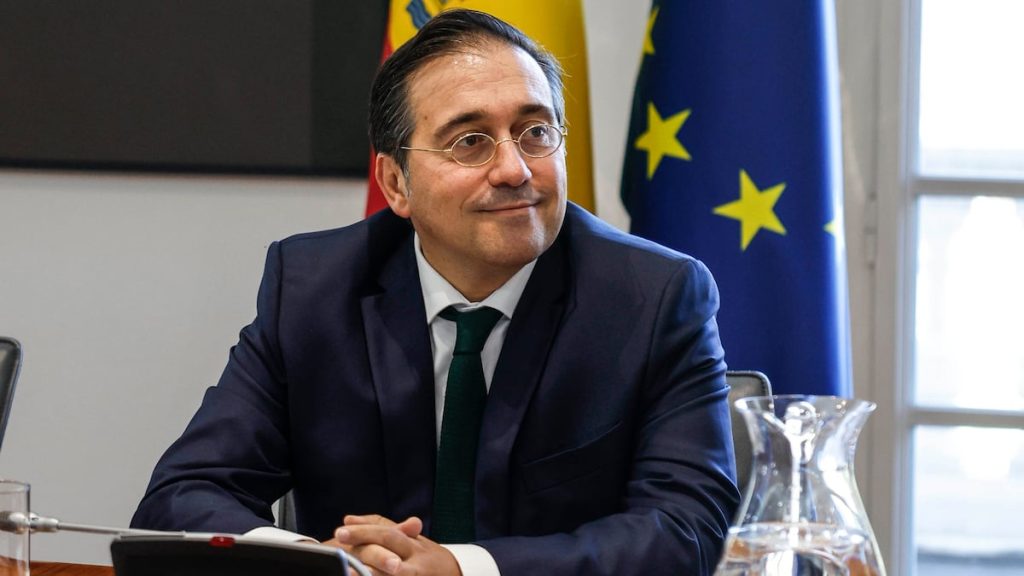The Spanish Minister of Foreign Affairs, José Manuel Albares, is trying to de-escalate the diplomatic crisis with Venezuela after the Venezuelan Foreign Minister, Yván Gil, called back their ambassador in Madrid, Gladys Gutiérrez, and summoned the Spanish ambassador in Caracas, Ramón Santos. Albares has described these actions as “sovereign decisions” and emphasized the importance of maintaining good relations with the Venezuelan people. Despite these measures, Spain has no plans to recall its ambassador in Caracas and believes it is important to maintain diplomatic presence in Venezuela during these critical times.
The Venezuelan Foreign Minister called for these actions in response to comments made by the Spanish Minister of Defense, Margarita Robles, who referred to the Maduro regime as a “dictatorship.” Unlike Robles, Albares refrained from using this term and stated that he is not in a position to make such judgments. Gil accused Robles of making disrespectful and interfering comments, warning of a potential deterioration in bilateral relations. However, as of now, Venezuela’s response has been limited to rhetorical protest and no practical measures have been taken.
The Venezuelan government’s decision came after the visit of opposition candidate Edmundo González to Spain, where he sought asylum and was received by President Pedro Sánchez. The Spanish government took care to downplay the visit to avoid further angering the Maduro regime. This move was in response to the Venezuelan government’s refusal to release election records, prompting the Spanish Congress to pass a motion recognizing González as the elected president. Albares reiterated that Spain’s stance aligns with the European common position and aims for a peaceful and democratic resolution to the crisis through dialogue between the Maduro government and the opposition.
The Spanish Minister of Defense’s comments at an event in Madrid, where she referred to the situation in Venezuela as a dictatorship, have sparked controversy. This was a significant departure from Spain’s previous stance on the matter. Prior to this, Jorge Rodríguez, a close associate of Maduro, had urged Venezuelan lawmakers to push for severing diplomatic and economic ties with Spain if the government recognized González as the legitimate president. The threat of suspending commercial relations with Venezuela has raised concerns, as there are numerous Spanish companies operating in the country and a significant number of Spanish and Venezuelan residents in each other’s countries.
The response from the Spanish government has been cautious, with Albares emphasizing the need for a peaceful and sovereign resolution to the crisis in Venezuela. While Spain has not officially recognized Edmundo González as the elected president, there is ongoing pressure from political entities to do so. The situation remains tense, with both sides taking diplomatic measures and issuing statements to assert their positions. It remains to be seen how the situation will develop and whether further steps will be taken by either party to address the ongoing diplomatic crisis.


